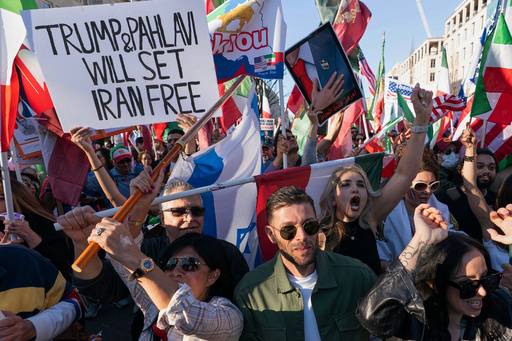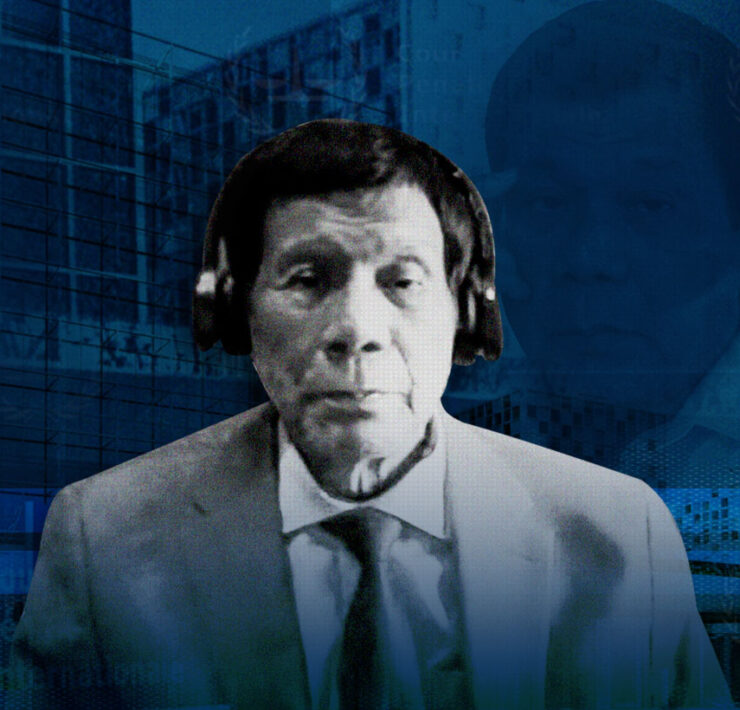Fear and loathing in the Senate

Senate President Francis Escudero’s move to delay once more after four months the impeachment trial of Vice President Sara Duterte reeks of political horse-trading at best and is, at worst, a blatant disregard for the Senate’s constitutional mandate to hold erring public officials accountable. Was Escudero treading lightly lest he risk his political fortunes amidst shifting alliances evident in the lackluster win of administration candidates? Were his colleagues now egging the chamber to altogether junk the impeachment trial to curry favor with the Duterte supporters in the next elections?
Did they miss—or are conveniently ignoring—the latest Social Weather Stations (SWS) survey which showed that 88 percent of respondents believe Vice President Duterte should answer the impeachment charges against her?
Conveniently forgotten are the reasons behind the House’s impeachment move, among them the unexplained use within days of P125 million in the VP’s confidential funds previously disallowed by the Commission on Audit, and which Duterte had belligerently refused to discuss in House hearings last year. Documents showing fund recipients having spurious names that seem to be taken from snacks, restaurants, celebrities, and more recently, sitting senators, only confirmed the need for a thorough accounting of the VP’s use of public funds through an impeachment trial.
Double standard
But while the Constitution in Article XI, Section 3(4) mandates that “a trial by the Senate shall forthwith proceed” after the House’s impeachment move, Escudero professed a different understanding of the term, and chose to hold at bay the expected trial, citing Congress’ then upcoming three-month break for the midterm elections.
And yet, how to explain why Sen. Imee Marcos, a Duterte ally, was allowed to convene a hearing on the arrest and surrender to the International Criminal Court of former President Duterte despite the Senate being on recess? Is the double standard operative under Escudero’s watch?
With the impeachment trial bound to expose the VP’s financial dealings, including opening her allegedly secret bank accounts, is there more to the Senate official’s stubborn refusal to start the trial than mere time consideration?
Citing priority legislation that must be tackled first, Escudero has rescheduled to June 11 the June 2 presentation of the articles of impeachment by the House prosecution team. But June 11 being the last session day of the 19th Congress, questions have been raised on whether the impeachment trial could cross over to the 20th Congress, stoking fears that the latest delay could be a prelude to eventually junking the impeachment complaint.
Continuing body
Indeed, several senators have added to this fear, including Sen. Francis Tolentino who argued that the impeachment trial was “tied to the mandate and lifespan of the Congress that initiated it,” and “cannot be carried over to the next Senate.”
Disputing this, Sen. Aquilino Pimentel III cited the Senate Rules on Impeachment, supporting the position “that the impeachment trial shall continue until final judgment, even if it is necessary to continue into the next Congress.” Sen. Risa Hontiveros also noted that the Supreme Court had previously ruled that “the Senate is treated as a continuing body when it comes to nonlegislative functions, and those include the vital duty to sit as an impeachment court.”
As if to ignore that, Duterte allies in the Senate are now pushing a resolution to dismiss the impeachment charges.
But convening the impeachment court is “not optional” under the Constitution, said ML party list Rep. Leila de Lima. “To abandon the process is to abandon the people who still believe in the promise of justice. It tells every Filipino that those in power are beyond reach, and that accountability is optional.”
A win for impunity
Such stance has led a coalition of multisectoral groups, including leaders of the clergy, to protest on Tuesday the delay in the VP’s impeachment trial, as it pressed the Senate to fulfill its constitutional mandate to convene as an impeachment court.
Calling on the chamber to thwart all efforts to scuttle the proceedings based on legal technicalities, the coalition noted that “further delays and the termination of the proceedings will be nothing but a win for impunity.”
But even the Vice President agreed with the sentiment of the majority in the SWS survey that she should face the charges, saying “I’m among those 88 percent who say that.”
Why deny her the opportunity to disprove the serious charges before the impeachment court ordained in the Constitution? Disregarding the impeachment, before it could even take off, is a repudiation of the accountability mechanisms laid out in our fundamental law. It paints an ugly picture of a chamber willing to shirk its mandate because of fear, political opportunism, and selfish interests. And it sends the message that in this country, there are no corrupt politicians, only powerful ones.





















Partnerships are the heart of strategic defense